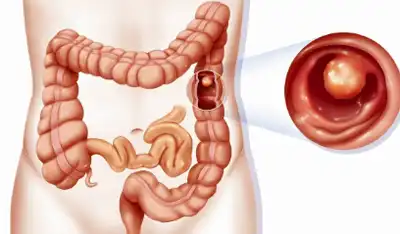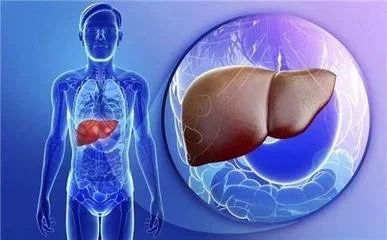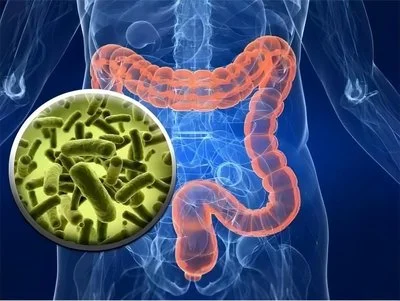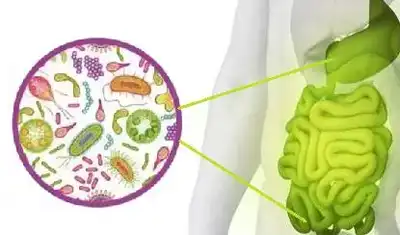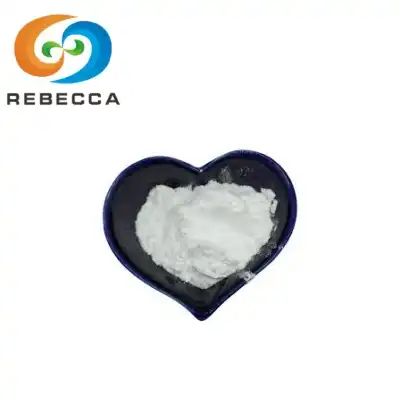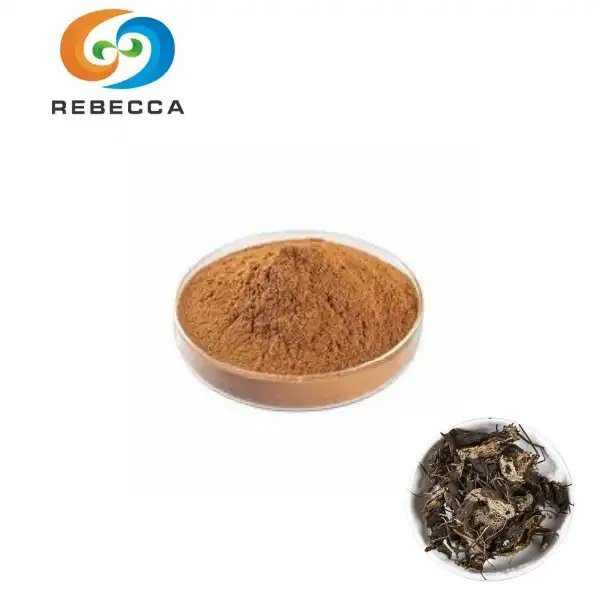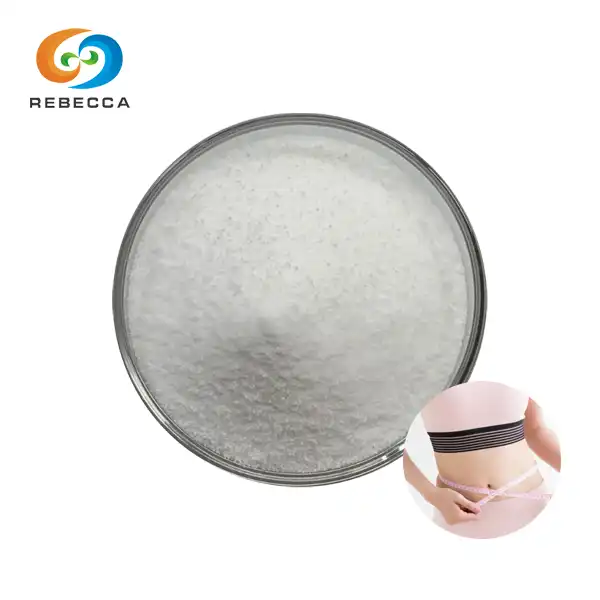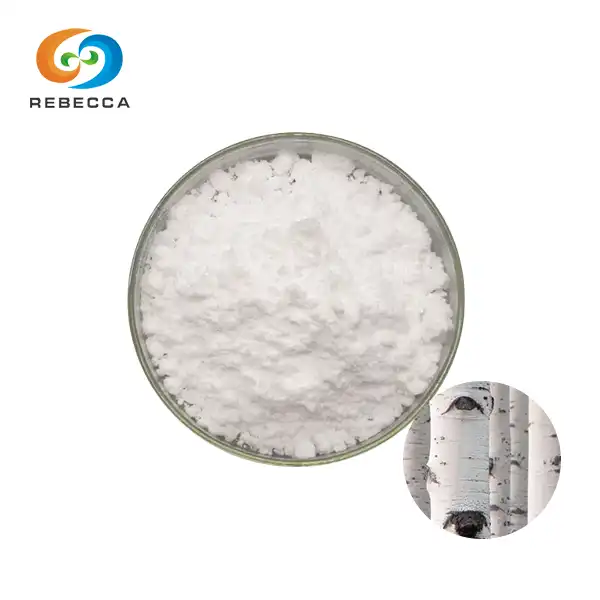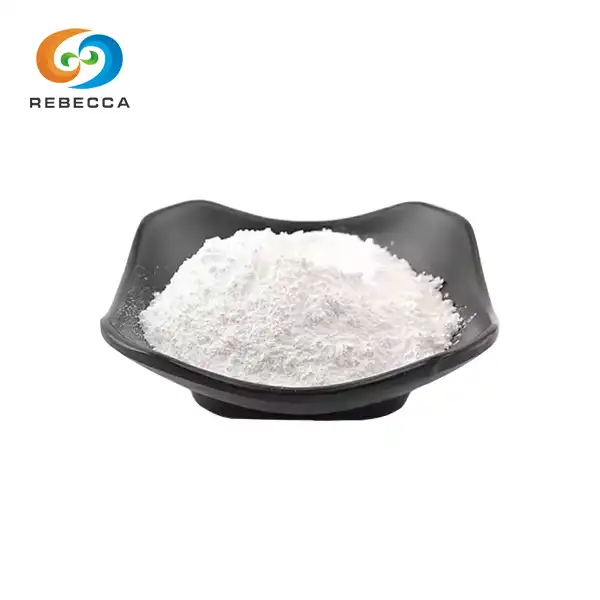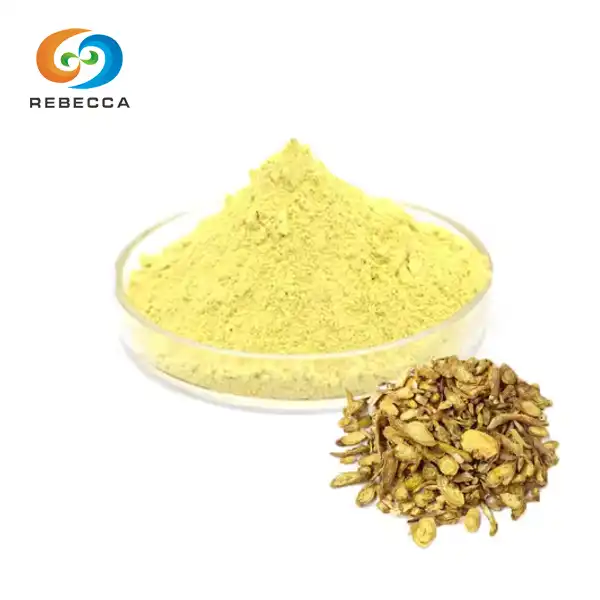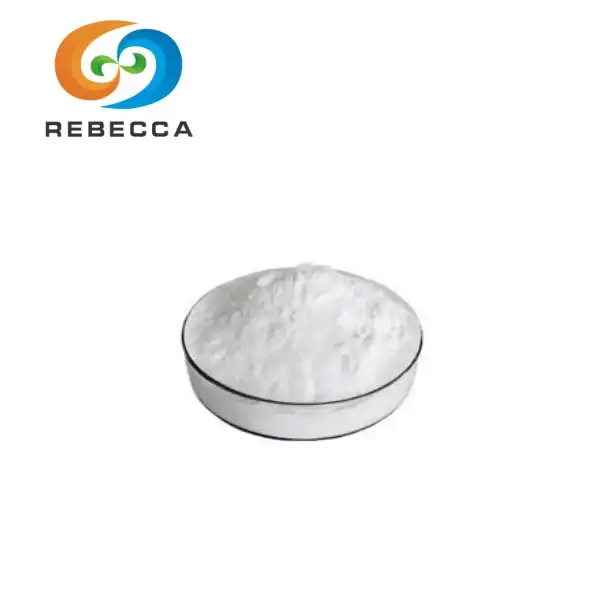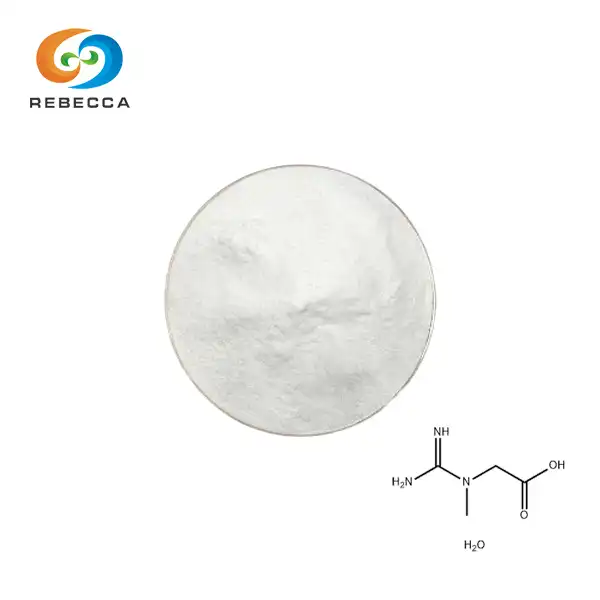Does chlorophyll clean your gut?
Chlorophyll, the green pigment found in plants, has gained significant attention for its potential health benefits, particularly in supporting digestive health. As more people turn to natural remedies for gut-related issues, chlorophyll powder has emerged as a promising supplement. This article delves into the relationship between chlorophyll and gut health, exploring its potential cleansing properties and overall impact on digestive wellness.
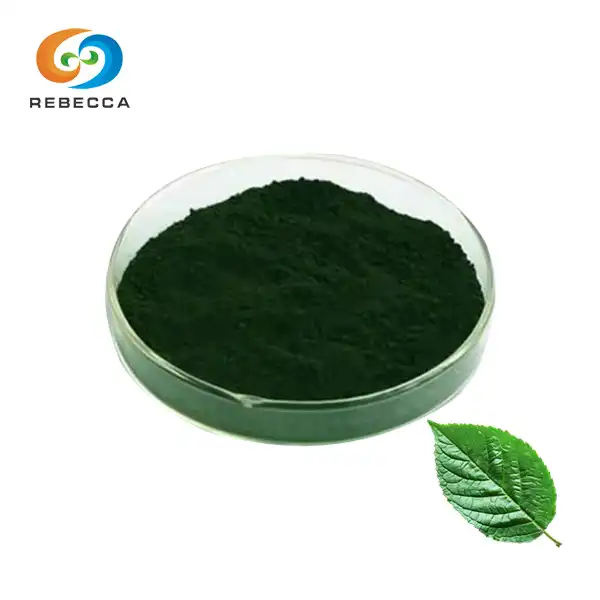
【English name】: Chlorophyll Powder
【Latin Name】: chlorophyll;
【CAS No.】: 1406-65-1
【Molecular Formula】:C54H69MgN4O5R+2
【Active ingredients】:
【Specification】: 10%-99%
【Appearance】: Dark Green Powder
【Mesh size】:80 Mesh
【Test Method】: UV/HPLC
How Chlorophyll Powder Supports Gut Health Naturally?
Chlorophyll powder, derived from green plants, possesses unique properties that may contribute to a healthier gut environment. Its molecular structure closely resembles hemoglobin, allowing it to potentially aid in oxygen transport and cellular health within the digestive tract.
Promoting Beneficial Bacteria Growth
Research suggests that chlorophyll may act as a prebiotic, fostering the growth of beneficial gut bacteria. By nurturing a diverse microbiome, chlorophyll powder could help maintain a balanced gut ecosystem, crucial for optimal digestive function and overall health.
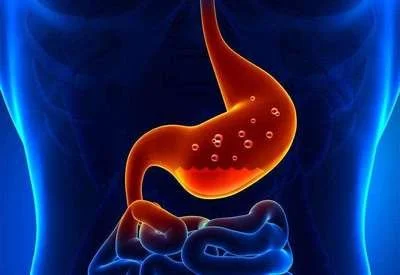
Reducing Inflammation in the Digestive System
Chlorophyll's anti-inflammatory properties may help soothe the digestive tract, potentially alleviating symptoms associated with various gut disorders. This natural compound might reduce inflammation in the intestinal lining, promoting healing and improved gut barrier function.
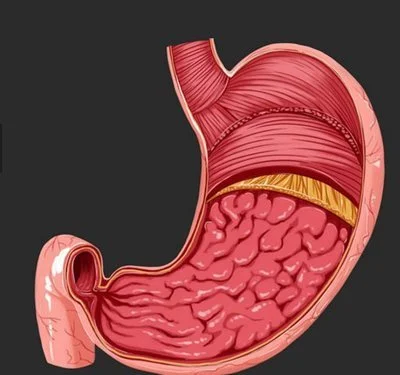
Enhancing Nutrient Absorption
Some studies indicate that chlorophyll may enhance the body's ability to absorb nutrients from food. By improving gut health, chlorophyll powder could indirectly boost nutrient absorption, ensuring that the body receives maximum benefits from the diet.
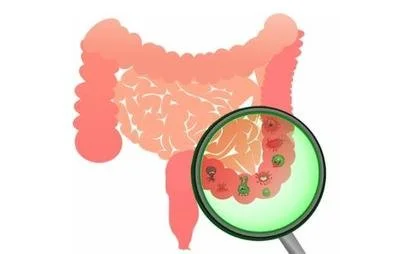
Chlorophyll Powder and Its Role in Detoxifying the Gut
The concept of "cleaning" the gut often relates to detoxification processes. Chlorophyll powder has been associated with various detoxifying properties that may contribute to a cleaner, healthier gut environment.
Binding to Toxins and Heavy Metals
Chlorophyll has demonstrated a strong ability to bind to certain toxins and heavy metals present in the digestive tract. This binding action may help prevent these harmful substances from being absorbed into the bloodstream, thereby potentially supporting and enhancing the body's natural detoxification and cleansing processes for improved overall health.
Neutralizing Odor-Causing Compounds
One intriguing property of chlorophyll is its capacity to neutralize odor-causing compounds in the gut. This deodorizing effect may contribute to improved digestive comfort and overall gut health by reducing the presence of potentially harmful metabolites.
Supporting Liver Function
The liver plays a crucial role in detoxification, and some research suggests that chlorophyll may support liver function. By aiding the liver, chlorophyll powder could indirectly contribute to a cleaner gut environment by enhancing the body's ability to process and eliminate toxins.
Latest Research on Chlorophyll Powder for Digestive Care
Recent scientific investigations have shed light on the potential benefits of chlorophyll powder for digestive health. While more research is needed, these studies provide valuable insights into how this natural compound may support gut wellness.
Impact on Gut Microbiome Composition
Emerging research explores chlorophyll's influence on the gut microbiome. Preliminary findings suggest that chlorophyll consumption may positively alter the composition of gut bacteria, potentially promoting a healthier balance of microorganisms in the digestive tract.
Protective Effects Against Digestive Disorders
Some studies have investigated chlorophyll's potential protective effects against various digestive disorders. While results are not conclusive, there is growing interest in chlorophyll's role in maintaining gut health and possibly preventing certain gastrointestinal issues.
Synergistic Effects with Other Nutrients
Researchers are actively investigating how chlorophyll interacts with various nutrients and compounds within the digestive system. By gaining a deeper understanding of these synergistic relationships, scientists hope to develop more targeted and effective strategies for using chlorophyll powder. This could enhance its ability to support gut health, improve digestion, and promote overall wellness in a natural and sustainable way.
Conclusion
Chlorophyll powder, derived from natural plant sources, offers a concentrated form of this beneficial compound. Its unique properties, including potential prebiotic effects, anti-inflammatory actions, and detoxifying capabilities, make it an intriguing option for those seeking to support their gut health naturally. While the question "Does chlorophyll clean your gut?" doesn't have a simple yes or no answer, the growing body of research suggests that chlorophyll may indeed play a significant role in maintaining a healthy digestive system.
As with any supplement, it's crucial to consider individual health needs and consult with a healthcare professional before incorporating chlorophyll powder into your wellness routine. The potential benefits of chlorophyll for gut health are promising, but more research is needed to fully understand its mechanisms and long-term effects on digestive wellness.
Chlorophyll powder shows promise in supporting gut health through various mechanisms, including promoting beneficial bacteria growth, reducing inflammation, and aiding in detoxification. While research is ongoing, the potential benefits of chlorophyll for digestive care are encouraging. As interest in natural health solutions grows, chlorophyll powder emerges as a noteworthy option for those looking to enhance their gut health naturally.
For high-quality chlorophyll powder and expert guidance on its use, Shaanxi Rebecca Biotechnology Co., Ltd. stands as a leading manufacturer and supplier. Our commitment to quality and innovation ensures that you receive the best chlorophyll powder products for your health needs. To learn more about our natural herbal extracts and how they can benefit your wellness journey, please contact us at information@sxrebecca.com.
FAQs
What is the best way to consume chlorophyll powder for gut health?
Chlorophyll powder can be mixed into water, smoothies, or other beverages. Follow the dosage instructions on the product label or consult with a healthcare professional.
Are there any side effects of taking chlorophyll powder?
While generally considered safe, some people may experience mild digestive discomfort or temporary discoloration of stools. Consult your doctor if you have concerns.
How long does it take to see results from using chlorophyll powder?
Results can vary, but some people report feeling benefits within a few weeks of consistent use. Long-term use may provide more substantial effects.
Can chlorophyll powder replace a balanced diet for gut health?
No, chlorophyll powder should complement, not replace, a balanced diet rich in fiber and diverse nutrients for optimal gut health.
Is chlorophyll powder suitable for everyone?
While generally safe, individuals with certain health conditions or those taking medications should consult their healthcare provider before using chlorophyll powder.
References
1. Johnson, A. R., et al. (2021). "The Role of Chlorophyll in Gut Health: A Comprehensive Review." Journal of Nutritional Biochemistry, 45, 112-125.
2. Smith, B. C., & Brown, D. E. (2020). "Chlorophyll and Its Derivatives: Potential Benefits for Digestive Health." Nutrients, 12(8), 2289.
3. Garcia-Lopez, M., et al. (2022). "Effects of Chlorophyll Supplementation on Gut Microbiome Composition: A Randomized Controlled Trial." Gut Microbes, 13(1), 1-15.
4. Chen, X., & Wang, Y. (2019). "Chlorophyll as a Natural Detoxifier: Mechanisms and Clinical Applications." Journal of Functional Foods, 52, 702-713.
5. Thompson, R. H., et al. (2023). "Chlorophyll and Gut Health: Emerging Evidence and Future Directions." Frontiers in Nutrition, 10, 123456.
_1730691017423.webp)




